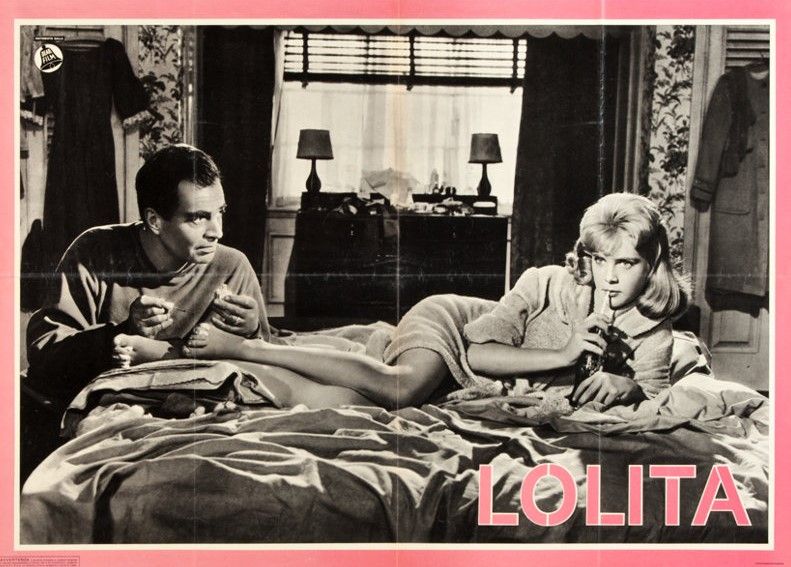I just finished reading Vladimir Nabokov's Lolita. Well, sort of. I listened to the audiobook narrated by Jeremy Irons. And quite the audiobook it was. While I typically have lapses in my attention when listening to old, soured British men read me stories about pedophiles, Irons delivers a magical version of Hum. I urge you to lend an ear and press play. You won’t regret it.
Because I can’t be bothered to write a coherent essay, I’m going to be releasing a series of articles on Lolita. The first post will be a compilation of disconnected thoughts and appetizing Nabokovian quotes. Ha, yes, much like the book itself is. I will channel my inner impetuous HH. The following posts are still in the drafting phase, so stay tuned for those.
This is NOT a book review. If you fancy banal summaries of high literature, go to the New Yorker or literally anywhere else. These articles will contain spoilers and opinions. These articles will often vacate the text and settle somewhere else for a holiday or two. These articles may bore you at times and challenge you at others. At best, you will find my insight unique and tolerable. At worst, you will vomit in disgust at the unsophisticated, empty prose and bash your head against your keyboard. Frankly, I’m happy with either of these two outcomes: one wholesome, one comedic.
And finally, dear reader, who is this series for? I hate rules, so come as you are. From philistines to dwellers of the ivory towers to high schoolers sifting for an essay topic, I welcome you. However, I suggest you have read the novel. It’s always best to form your own opinions on art before looking to someone else’s. To paraphrase Nietzsche, some scholars have read themselves to death before they even grow old. They have unlearned how to think for themselves, and if you but slightly touch them, they will resound with the voices of what they have read, of a thousand authors, and no voice of their own.

